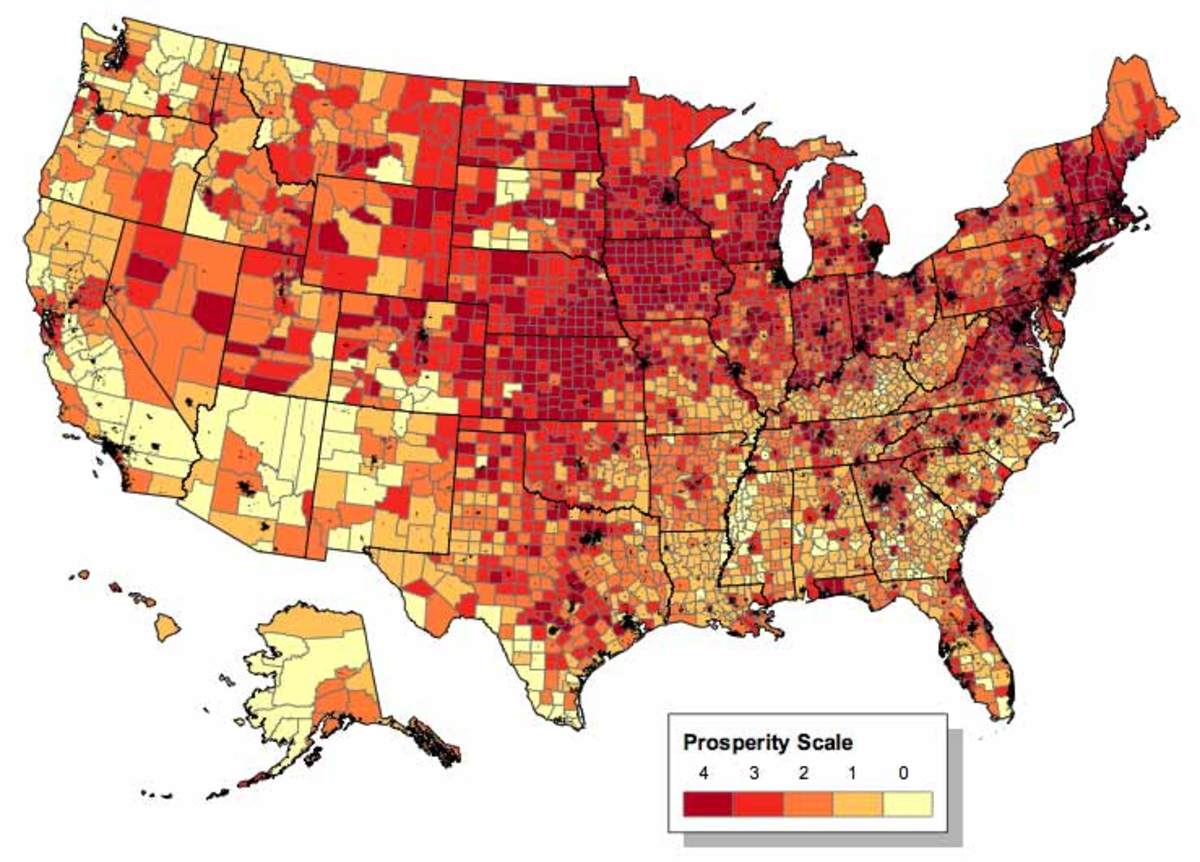Politics: same old story
Politics: a caption of Right and Left
"Do politicians really make a difference?" is the question that really gets me going. I suppose it is fair to say that from one government to the next, obvious changes are evident: budget allocation reforms, tax breaks or tax rises, investment and cutbacks, and other changes based on party preference and ideological differences. However - and this is where my scepticism manifests itself - does this constant change at all healthy? Does the shift in policy and decision-making, from one administration to the next, help explain why ineffectiveness is a common theme associated to politics, and politicians? I want to make it absolutely clear that I am pro-elections and pro-Democracy but I wonder whether a "one size fits all" political programme - based on policies and principles of Democracy and Capitalism - is not a better way for a country of making sure changes are successfully carried out, progressively and consistently.
For purely informative purposes, understanding what truly characterizes Right, Left and the Centre ground in politics is a suitable way to explain what drives politicians and where the problems at the heart of the system lie. Therefore, let's review the chart below and then analyze its content.
The classic rhetoric, since before I can remember, is that old cliché of both opposing ideologies representing two distinct social classes:
Right:
- tax cuts for the wealthy and for businesses (whether small, medium-sized or big businesses)
- Reduction in government spending
- Less government intrusion
- Tougher stance on immigration and asylum, policing, etc
- Generally more conservative
Left:
- tax breaks for the working classes
- Increase in government expenditure
- More regulation on businesses
- Generally more progressive
Centre:
- Balanced position between both opposing poles
- Centre will generally be more fiscally conservative but socially liberal
If you've even bothered to read the above, your first reaction is probably that it's all hogwash and applesauce. "The right supports the rich, and the left the poor!" is what you are surely barking out. And the truth is, you are not far off. Having spent time mixing with all class spectrums, I have actually come to a natural conclusion that this categorization is almost certainly true. And the way in which I reached this conclusion is quite straightforward: in life, you want to get your money's worth. If you are surviving on a low income, for example, and you are given the option of either electing a man (or woman) who will support the interests of those with whom you carry no relation - i.e men and women who live lives of minimal or maximal luxury - or a candidate who claims he can cut down your gas and electricity bills, then it's a no-brainer: you will go for the latter.
And that is fundamentally the problem. Most people think short-term - and do you blame them? With parties continuously redefining their manifesto, it's difficult to keep track. The underlying problem with this however, is that we are forced to continuously adapt, re-adapt and account for new chances. And that is why the obvious solution is that we need to put in the changes that will work for the long-term.
For all the disgust and indignation that people may or may not feel towards Margaret Thatcher or Tony Blair, the fact they both ran office for long periods of time allowed them to bring in the changes that they deemed necessary for the long-term future of Britain. And changes they made: namely a complete reform of the private and public services under Thatcher and the involvement in the Iraq and Afghanistan wars under new Labour.
Another argument I wish to point out is that people as individuals need to understand that sometimes what affects you in the immediate term will benefit your children and future generations in the longer-term. The challenge, of course, is how to channel this message across to ordinary folks that depend on cuts and tax breaks to finance themselves and their families? On a personal level, I would say that right-wing policies of protecting those that contribute the most to welfare is of vital importance for any striving economy - such as Britain - but at the same time you need to take in the understandable frustration of the neediest in society, who for all sorts of reasons deserve to be protected under adequate welfare programs.
Politicians will always find it hard to please everyone. Some say we need fiscal discipline, or less regulation, and others will say the contrary. Regardless, I think it's absolutely necessary to instill reform for the long-term." How to do this?" you ask: well, maybe it's time for a Chief Executive that can survive more than one or two mandates!
Let me thus conclude the above with three main points:
1) Let's rediscover the age when governments remained in power for at least a generation
2) Long-term action results primarily from well-thought out electoral judgement - i.e the electorate should vote for a party that can secure his or her interests in the longer term
3) Avoid voting for a party in the middle ground - Right and Left may have its flaws but at least you end up with a clear-cut action plan; the Centre believes quite pathetically that it can find a sound equilibrium between the two








